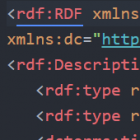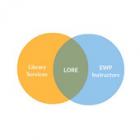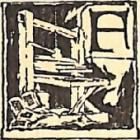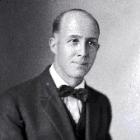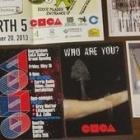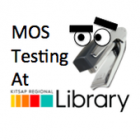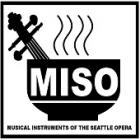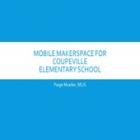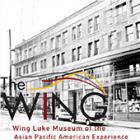
Life and Times in Seattle’s Chinatown-International District: A Collection of Oral Histories
The Wing Luke Museum's collection of Asian and Pacific Islander oral histories encompasses over 900 interviews. Users can request digital transcripts, but audio recordings can only be accessed in-person at the Wing. For this Oral History Project, we have curated nearly 200 interviews highlighting Seattle’s Chinatown-International District and its various communities; Relevant PDF transcripts and MP3 audio files are now available online through an Oral History website. Not only is this website beneficial for local users, but it is also a tangible tool for the Wing to reach users worldwide who are interested in the Wing’s Oral History Program.

